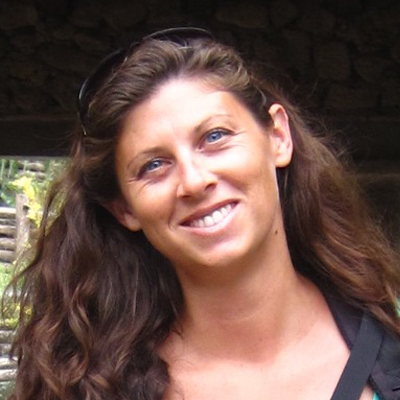Senior Postdoc Emily Klein Authors Trio of New Papers on Ecosystem-Based Management in the Southern Ocean
 Emily Klein, a senior post-doctoral associate at the Frederick S. Pardee Center for the Study of the Longer-Range Future, is the lead author of three new papers with colleagues at the NOAA Antarctic Ecosystem Research Division, stemming from work to support ecosystem-based management in the Southern Ocean.
Emily Klein, a senior post-doctoral associate at the Frederick S. Pardee Center for the Study of the Longer-Range Future, is the lead author of three new papers with colleagues at the NOAA Antarctic Ecosystem Research Division, stemming from work to support ecosystem-based management in the Southern Ocean.
Antarctic krill, a small marine crustacean, are critical for an array of species in the Southern Ocean, including penguins, seals, whales, and fish, and support a large industrial and international fishery. The vital role of krill for wildlife and people demonstrates the importance of balancing trade-offs among these ecosystem services, especially as climate change impacts the region.
Klein and her colleagues explored these trade-offs using a dynamic ecosystem model to examine the potential of ocean warming, fishing, and alternative management strategies to affect Antarctic krill, their predators, and the fishery in the Scotia Sea. The research focused on the ability of marine protected areas (MPAs) and “feedback management” (FBM) to support both the Antarctic ecosystem and sustainable fishing in the warming Southern Ocean.
Results helped support a current MPA proposal put forward by Argentina and Chile, as well as the possible benefits — and unexpected consequences — of FBM as an alternative. The work was informed by management needs in the Antarctic, and results were regularly communicated with the international council tasked with managing the Antarctic.
“By using two different models that incorporate the impacts of climate change and fishing in different ways, we found that the Antarctic Peninsula MPA could help CCAMLR meet multiple management objectives, including protecting krill predators and having positive outcomes for the krill fishery,” Klein explained in a recent interview with Pew.
The papers were published in PLOS ONE (here and here) and Marine Policy (here).